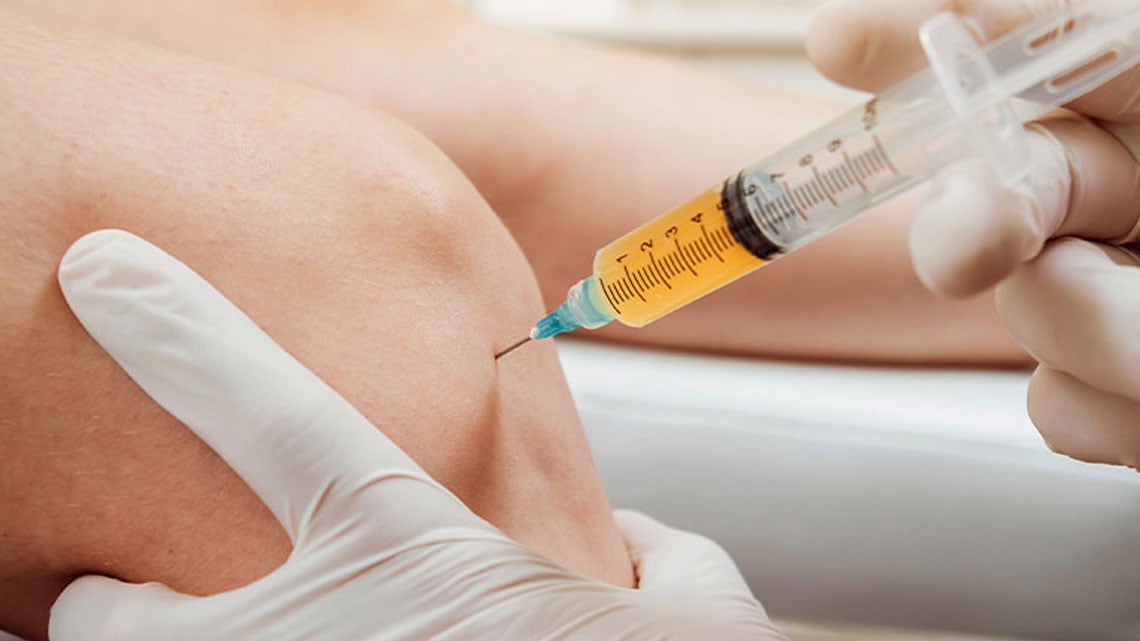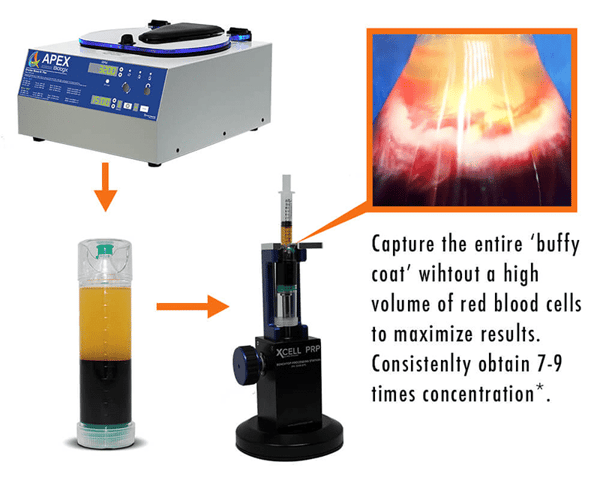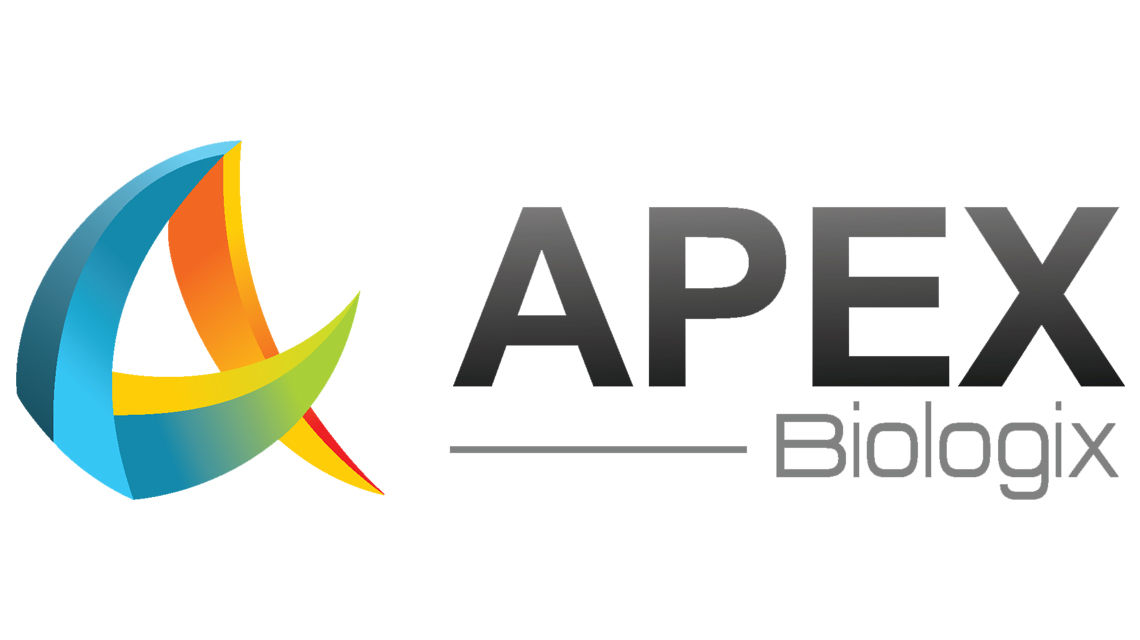Top 3 Questions Patients Ask About PRP Injections

We have been manufacturing and selling the XCELL PRP System for over 8 years. We have had countless conversations with both patients and doctors regarding PRP therapy. As we have progressed in the PRP industry we have noticed many of the same questions get asked over and over. We wanted to share the answers to better equip you as a physician to answer these questions.
Platelet-rich plasma (PRP) therapy has been around for about 40 years. It was originally created for the dental industry to be used after a patient received dental implants and oral surgery. Over the years, the medical community has gravitated toward Platelet-Rich Plasma therapy as a form of regenerative medicine that can amplify the natural growth factors your body uses to heal tissue. This procedure gives patients an alternative to steroids, surgery, and pain medication.
The ideal candidate for this procedure is someone who is experiencing pain and is willing to try cutting-edge technology that negates the need for surgery, steroid injection, and pain medication. As experts in regenerative medicine, we have partnered with thousands of doctors across the US who tend to see the same questions asked over and over by patients.
However, the general public is unfamiliar with the term PRP and many Doctors are just now beginning to tap into its potential. That is why companies like APEX Biologix are taking this bio-medical technology to the masses.
Here we have highlighted the top 3 most commonly asked PRP questions.
1. Why do we inject something into me that was taken from my body, especially if PRP is already found within my body naturally?
Think back to your anatomy and physiology days. We know there is blood flow in our muscles and bones. But our tendons and joints are avascular with little to no blood flow. A wounded joint or injury needs assistance from platelets found blood to repair itself. Platelets are loaded with growth factors and can help assist the body’s natural healing process.
Here is how PRP processing works: 30mL-60mL of blood is drawn from the patient. The blood is collected in a concentration device and spun in a centrifuge at 3500rpm. The centrifugation process separates the blood from the plasma. Right in-between the blood and plasma, there is a pocket of highly concentrated platelet-rich plasma we call the buffy coat (see image below) The high concentration of platelets is what you are after.

2. Does insurance cover PRP injections?
Currently insurance does not cover PRP injections. Medical professionals and clinics are working hard to get it covered by insurance through studies and white papers. Even though there is no coverage, many doctors offer PRP because it provides great results for patients and can help grow a physicians practice due to the cash only payment option.
Because PRP is still considered novel and experimental, it will take time for insurance companies to include this procedure in their coverage. For example, a visit to the chiropractor was not typically covered 10 years ago, but we are now seeing more and more insurance companies cover these visits.
Some doctors may think if it’s not covered by insurance, it must not be very effective. This is not always the case. There have been many studies done on the effectiveness of PRP and countless testimonials from people who have benefited from PRP treatments (see studies here).
As more clinics use these treatments and as more patients benefit from them, we could see the door open for insurance coverage shortly.
3. How much does PRP injections cost?
You should charge 2-3x what you paid for the product. This will be a good starting point for you to gauge your market. So if you’re not sure where to start, this is a good rule of thumb.
Other commonly asked questions:
- What is PRP?
- What can I expect from a PRP injection?
- Is it painful?
- How many injections should I get?
- Does it work?
- How does it work?
- What is the risk?
For answers to these commonly asked questions, please visit our website or call 844-897-4910 to speak with a regenerative medicine expert.
-3.jpg?width=693&height=225&name=Apex%20Logo%20(NEW%20-w-o%20gradient)-3.jpg)

